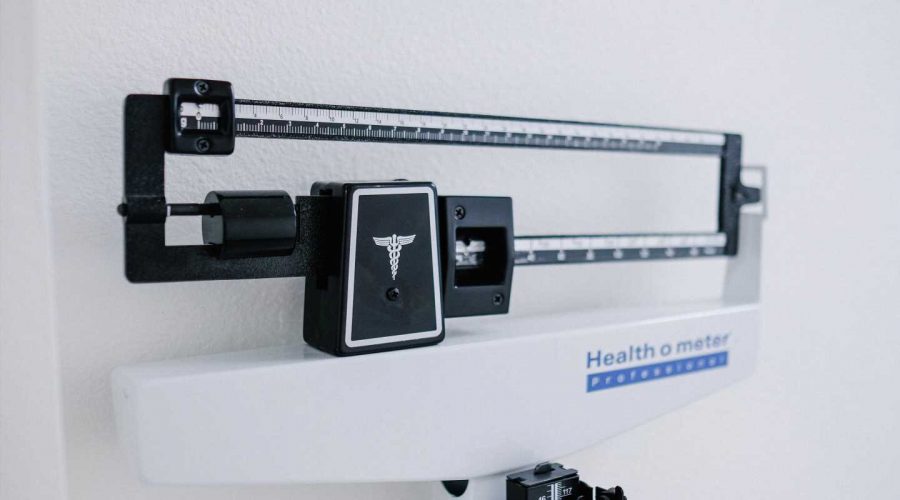Increase seen in pediatric BMI during pandemic, study finds

A study that tracked body mass index (BMI) two years prior to the pandemic and one year after the start of the pandemic in a primarily Medicaid pediatric population in Norfolk, Virginia, found a significant increase in BMI during that time.
When these differences were analyzed by gender, the increase was only significant for the female cohort, according to the study, “Examining the Effects of COVID-19 Lifestyle on Pediatric BMI.” There was an 11% mean increase in the BMI of girls, the study found.
The authors also observed there was a significant correlation between screen time and family time increases during the pandemic and rising pediatric BMIs, as families spent more time at home because of the lockdowns.
Data was collected from 238 patients (51% female identifying, 49% male identifying, and the majority were African-American/Black) with an average age of 9.47 for females and 9.57 for males. Pediatric patients and their parents/guardians were given a questionnaire that examined six potential sources for lifestyle changes that could affect BMI, including fast food intake, time spent with electronic devices, and children’s activity levels.
Dr. John Harrington, one of the senior authors of this study and the division director of General Academic Pediatrics at Children’s Hospital of The King’s Daughters in Norfolk, Virginia, said the study shows how difficult the lockdowns were on families as parents worried about their children being outside and around others, children missed out on physical education classes and team sports at school, and more time was spent scrolling social media and playing video games.
“This study reinforces that the health of all communities was negatively impacted by the pandemic, especially lower income and predominantly African-American communities,” he said.
Source: Read Full Article
